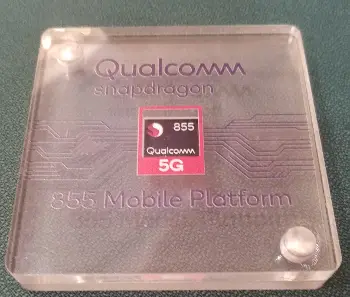- Dec 15, 2021
- 4,384
- 2,762
- 106
Apple is betting on it's Big cores. The M1 Pro doubles the number of firestorm cores but halves the number of icestorm cores compared to the M1. A future 'M1 Quadra' is rumoured to have 32 Big cores and just 8 small cores. So, yes, Apple is focusing on it's big cores.
Intel on the other hand seems to be betting on it's E-cores( small cores ). Alder Lake has upto 8P+8E. Raptor Lake is rumoured to bump that upto 8P+16E. Arrow Lake will supposedly have 8P+32E ! So intel will be putting in more small cores, which is a complete opposite to Apple's approach.
Which approach do you think is better ? Why ?
Who will win ( performance, efficiency, cost wise ) in the end ?
Intel on the other hand seems to be betting on it's E-cores( small cores ). Alder Lake has upto 8P+8E. Raptor Lake is rumoured to bump that upto 8P+16E. Arrow Lake will supposedly have 8P+32E ! So intel will be putting in more small cores, which is a complete opposite to Apple's approach.
Which approach do you think is better ? Why ?
Who will win ( performance, efficiency, cost wise ) in the end ?







